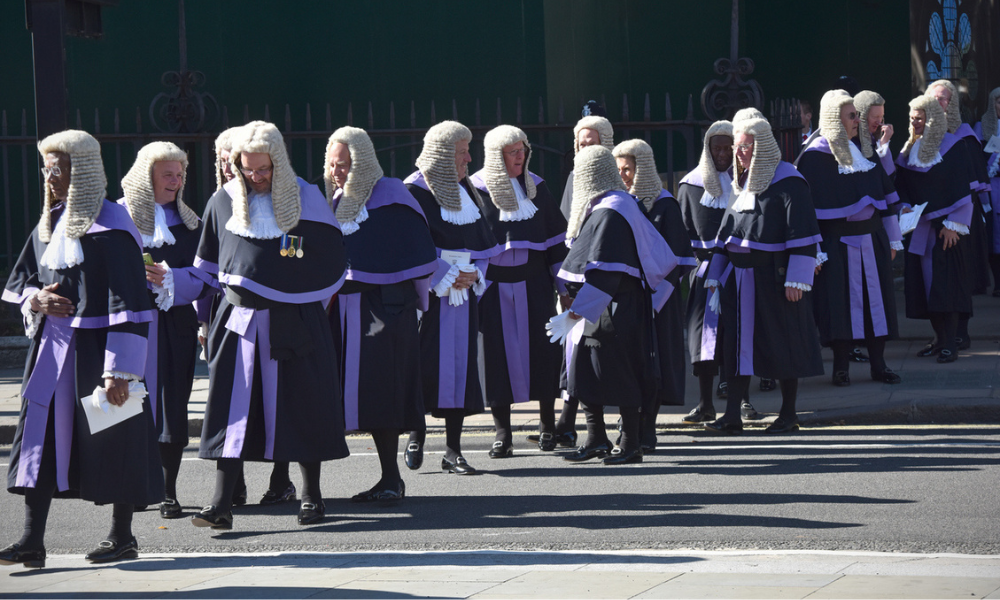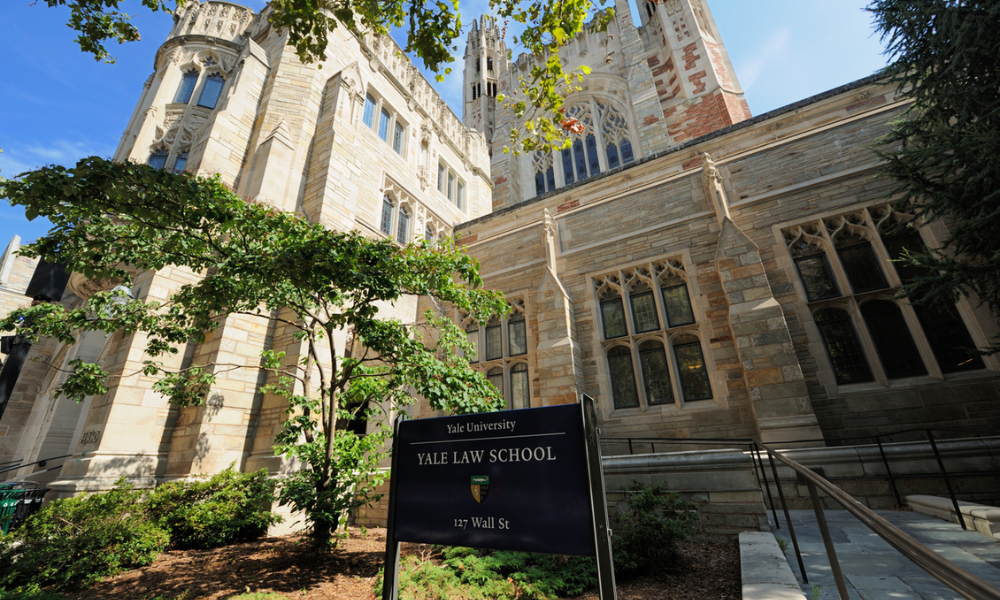Not since the Rainbow Warrior was scuppered by French agents in Auckland harbour in 1985 has New Zealand sustained a death due to international espionage, and our two other recent experiences involving terrorism or surveillance owe more to Mr Bean than to Mr Bond.
There were the botched police raids against an alleged terrorist ring in the remote Ureweras in 2007 and there was the illegal spying on Megaupload entrepreneur Kim Dotcom, currently fighting extradition to the US on internet piracy charges.
This relatively benign history sets New Zealand apart as the only member of the “Five Eyes” alliance not to have sustained a serious terrorist attack on home soil this century. Which does not mean it will never happen. ISIS recruitment techniques have global reach and already a number of New Zealanders are known to be ISIS supporters or sympathisers. But it does mean that public perceptions of the level of risk are more sanguine in New Zealand than in other parts of the world, perhaps to the point of naivety.
It was against this background that Sir Michael Cullen, a former Labour Deputy Prime Minister, and Dame Patsy Reddy, a corporate lawyer and our next Governor-General, were asked to review the GCSB (Government Communications Security Bureau) and the SIS (New Zealand Security Intelligence Service).
The SIS focuses on domestic security. The GCSB has a more international focus and is explicitly prohibited from intercepting the communications of New Zealand citizens and permanent residents for intelligence purposes – hence the stumble over Dotcom who, although German-born, now has New Zealand residency.
The issues in scope included whether the definition of “private communications” in the 2013 amendment to section 14 of the GCSB Act is satisfactory and whether the provisions of the Countering Foreign Terrorist Fighters Act 2014 should be extended beyond their 1 April 2017 expiry date. These include:
- allowing the SIS to conduct emergency surveillance for up to 24 hours without a warrant and visual surveillance in a private setting or that would involve trespass onto private property
- increasing from one year to three years the period for which passports can be cancelled for reasons of national security, and
- empowering the Minister to suspend a passport or travel document for up to ten working days where urgent action is required but there’s no time to prepare the paperwork needed for a full cancellation.
Their foundation recommendation is that the SIS and the GCSB should be covered by a single, integrated Act which would take as its purpose “the protection of New Zealand as a free, open and democratic country” and would lay out in plain English how surveillance activities should be signed off within a comprehensive and individual rights-focused oversight structure.
They also recommend that the current restrictions on the GCSB from spying on New Zealanders should be removed on the grounds that they are confusing, are partial in their application and are being interpreted with extreme conservatism by the GCSB to the extent that they are hindering its ability to protect New Zealand against active security threats.
Their general view is that the extension of powers created by the Countering Foreign Terrorist Fighters Act should be retained but made subject to the authorisation framework which they are recommending as a key element in their proposed new Act.
This would provide that to spy on New Zealanders, the agencies would need to obtain a specific warrant, approved by both the Attorney-General and one of three specially-appointed “judicial commissioners” who would be either retired or practising judges.
Such warrants would only be available for operations aimed at protecting New Zealand’s national security; not for the broader objectives of contributing to the country’s economic and international wellbeing (except in limited circumstances where a New Zealander is acting on behalf of a foreign entity).
The Attorney-General would weigh any applications against a range of national interest considerations with discretion to refuse a warrant even where these criteria are met. The commissioner would consider the legality of the application, with particular reference to human rights laws.
The SIS and the GCSB would be required to keep a register of all authorisations issued and to include in their annual reports to Parliament the outcome of any surveillance efforts targeting New Zealanders.
So far the reaction to the report has been mixed. The political parties have been circumspect in their response while the media has been preoccupied with trying to establish – so far, inconclusively - whether and to what extent the privacy protections available to the New Zealand public have been weakened.
The freedoms and liberties attached to being a citizen in a mature democracy did not drop out of a clear blue sky but have been fought for at significant cost in lives over the centuries and demand continuing vigilance. But the debate in New Zealand is conditioned by the fact that we have been lucky to date in that we have not had a serious terrorist incident in many years.
There is obviously no guarantee that this happy circumstance will continue so it is important that any legislation which develops out this review is robust and equips New Zealand to handle the threat posed by ISIL style-extremism without undue intrusion into individual rights.

Matt Sumpter is a partner at Chapman Tripp specialising in intellectual property and competition law. He has an interest in security and privacy matters







